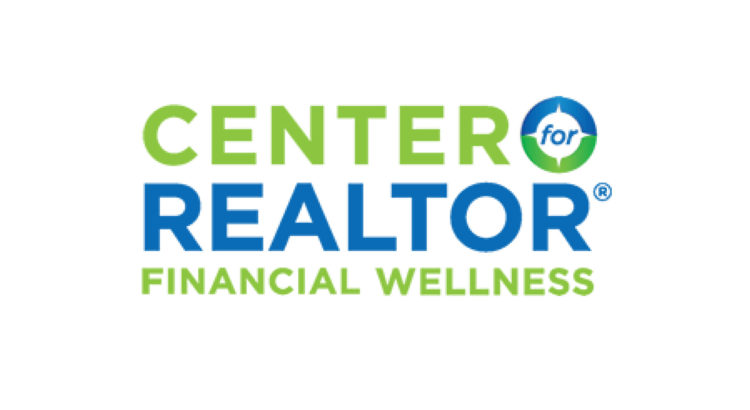Between lockdowns, civil unrest, a recession and rising unemployment, 2020 has been a difficult year to say the least. But moments of great tragedy can also provide opportunities to hit the reset button.
And for many real estate professionals, that means it’s time to rethink their marketing messages and re-introduce themselves to clients in a post-pandemic world.
The new normal is here, but what should the message be? According to a recent study from market research company GfK, more than half of U.S. consumers polled — 55% — say brands will need to adopt a new set of concerns and messages in a post-COVID-19 world.
But another set of respondents — 45% — felt that companies should return to pre-coronavirus themes “as soon as possible” to help consumers forget that the COVID-19 crisis happened.
So, where does that leave your brand?
“Our research shows that brands need to tread cautiously in this new phase, somehow addressing a very divided consumer public – some who might want to pretend that the virus never happened, and others who see it as a transition to a new world,” said GfK Director of Global Consumer Trends Stacy Bereck in a press release accompanying the findings. “With the world continuing to shift on an almost weekly basis, transformed by the virus and nationwide protests and outrage, companies need to monitor consumers’ changing concerns and needs even more closely.”
While it might sound a little like stepping into a minefield, there are ways to navigate these tricky times. And it starts and ends with knowing your brand — and your clients.
According to the study, Americans from different circumstances have different feelings about appropriate post-COVID messaging. Close to 60% of those with children under age 3 favored a return to pre-virus messaging, compared to just 34% of those who have no kids. And while more than 60% of women said they think brands should behave as if the post-virus world is completely different, men were split 50-50 between forward-looking and nostalgic messaging.
While both groups put a high priority on themes around price controls for key items (such as hand sanitizers, masks and toilet paper) consumers who think we should return to earlier themes are more likely to favor communications around brand innovation, promotions and general product information. But consumers who feel it’s important to recognize that the world is different now would prefer to see messaging about protecting the health of consumers and employees.
“If you’re an agent who serves the 55-plus demographic, you need to be able to adapt and update your skills digitally,” said Mike Cuevas, founder of realestatemarketingdude.com. But being able to present and show virtually are key no matter what the demographic, he added. “COVID has changed the way we present, and the way people see properties. And they won’t really see properties now unless they’re interested.”
And getting them interested is all about the type of content you provide. “Focus on solving problems, not selling services. The message shouldn’t always be about real estate. Think of yourself as a community resource,” Cuevas said. Agents whose clients include lots of young families could offer a list of daycare options. Other ideas include providing a list of local restaurants that offer takeout or are open for dining.
Agents should also think about helping out the communities they serve in hands on ways. “There’s a huge opportunity right now to generate a ton of attention around your brand by taking part in helping our communities,” Cuevas said. “Get behind efforts to help out small businesses [that have been impacted by COVID-19 or protests].”
And with fewer in-person meetings on agendas, video content has never been more important. “You can’t shake hands anymore,” Cuevas said. “This is how you market yourself. Content is what converts the consumer.”
While your content should reflect your own personal expertise, it should also shine a light on who you are as a person. “It’s all about just connecting right now,” Cuevas said. “The biggest mistake I see agents making is they use content to try to sell. That’s a mistake. Focus on attention versus sales and you win every time.”


